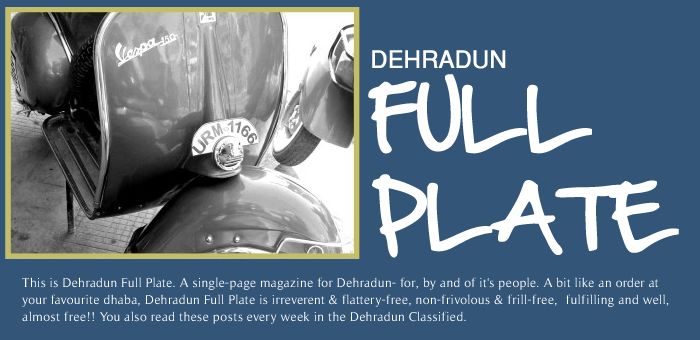Depressive symptoms - Overweight children may experience overwhelming feelings of hopelessness leading to depression. This may include a decreased interest in normal activities, excessive crying, and an increase in sleeping, etc. Out of control feelings and behaviors can spread to areas beyond food and eating. The child may have turned to food to somehow affect or camouflage feelings and emotions. Even the 'happy fat kid' who clowns around is probably using his image to hide a lot of pain and insecurity.
Low self-concept and bullying - Today's society places a high premium on on looking good, which means being 'thin', so children who are overweight tend to become victims of poor self esteem and a negative body image. They may get bullied and may, in turn, become bullies as they struggle with a lack of self-confidence and lower self-concept.
Social struggles with peers - Teasing from peers and difficulties in the classroom may lead to behavioral problems and school-related anxiety. Physical size and shape during this period can affect friendships. Obese children get picked on and are victims of name-calling like 'motu', fatso', potato', etc. This makes them want to avoid school or playground situations, but this lack of positive social interactions can lead to learning problems, preventing the overweight child from meeting his or her full potential.
We all need to learn how to support and motivate our children to be healthy, particularly when emotional issues are instrumental in your child’s becoming overweight, the emotional arena would be the first place to seek solutions and bring about change:
It is for parents to step in to encourage their child to recognize, define and resolve underlying emotional issues that may be driving the dysfunctional behaviors in an effort to resolve problems at their source. Teach your children appropriate ways to express their emotions. Encourage them to talk about their feelings and not to internalize their emotions. It is important to teach them 'feeling words' early to encourage verbal expression. Non-verbal emotional outlets might include drawing, role play with toys, and any time-out with physical exercise.
It is for parents to supply healthful meals regularly for the child, and then to sit down to eat these meals together with the child, listening to thoughts and feelings, at the same time as observing eating behaviors. If you notice emotional eating, confront your child and discuss healthy alternatives for meeting the underlying need.
The overweight child needs encouragement to turn off the television, put down the computer game and go outside to play, to ride his bike, walk the dog, etc. He should not be allowed to eat in front of the television, but to sit down at the table to eat with a plate in front of him.
Parents should engage in activities, sports, and healthful exercise with their child. You could go for a bike ride together, take tennis lessons, or walk to the library rather than drive. Encourage family walks every evening as a way to share stories with your family, walk the dog, and get a low-impact workout. Your children can hop on their bicycles, scooters, or skateboards and ride alongside while you walk. If you spend an hour playing outside with your kids each day, physical activity will become a consistent part of your daily routine.
Positive parental attention of any type creates positive self-esteem. Obesity and a healthy self-esteem are an unlikely duo. Parents need to focus on health, not appearance, and on more activity, not less food. Praise your children and focus on their gifts and talents to build and affirm their self-concept. Help your children learn to love and accept themselves as you reflect that unconditional love toward them.
Become alert to your child’s experiencing stresses at school or with peers. Talk to your child about whether he or she has ever experienced teasing in the schoolyard and if so, discuss how he or she felt about it, and what he or she did or might do in response in the future.
Sit down with the family to create a fitness schedule. Let each family member choose an activity so everyone has something to look forward to. Trying new things will help your children discover what they're good at and what they enjoy. The fitness schedule also gives each child a chance to show off their skills by choosing an activity they excel in. Invest in low-priced, easy-to-use equipment like jump ropes, free weights, exercise balls, sports equipment and video workouts.
Work together on household chores.It's not very difficult to work up a sweat cleaning house. So why not turn up the stereo and dance as you mop the floor or dust the shelves? Let your kids get messy helping with gardening and yard work. Create contests to see who can clean their room fastest or whose cloth cleaned off the most dust!
Check your local newspaper or the Internet for local charity walks or races, or simply a cycling or sports club in your town.
Busy schedules make it difficult to prioritize the things that are most important to us. Your health and the health of your loved ones is the single most significant part of life. By limiting your own TV, video game, and computer use and making time for exercise each day, your children will have a concrete example of how physical activity can be incorporated into a busy lifestyle. With a small investment of time and money, there are dozens of ways to find time to stay in shape - together.
 al mother-teacher, runs Life Express - an after-school center for children. She can be reached at juhimalini@gmail.com. She also writes 'Reflections of an inner Journey'
al mother-teacher, runs Life Express - an after-school center for children. She can be reached at juhimalini@gmail.com. She also writes 'Reflections of an inner Journey'

